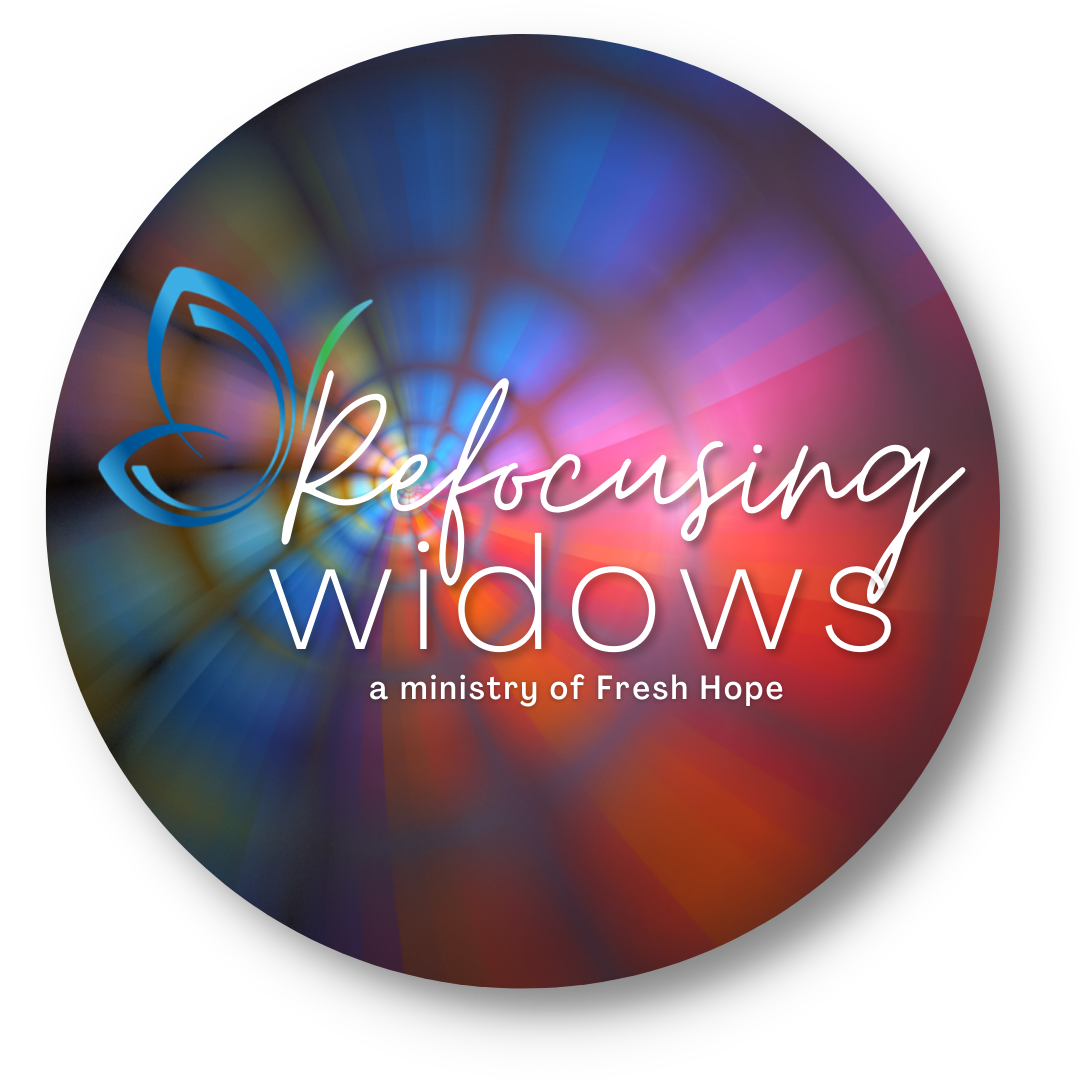
Dealing with Cumulative Grief
Today I’d like to discuss something that may be unfamiliar to you: Cumulative Grief. Let me preface this by saying a couple of things. First, I’m not a grief counselor or a professional in this area. I just read a lot and love passing on the information that I believe will help you. Second, I learned that Cumulative Grief is not actually an official diagnosis, but it is very much a reality for most of us!
This discovery actually began for me about a year ago, when I found myself feeling extremely sad and exhausted. Dave had been gone over three years, so it seemed as though I should be much better than I felt like I was. I decided to be intentional about trying to discover the deeper root of these emotions. As I prayed and thought, the Lord led me to make a list of all the people in my life – parents, close friends, mentors, and ministry partners – who had died in the past four or five years.
I started to write my list, and the longer I wrote, the more I cried. It began with my son-in-law’s father a year before Dave started his journey with cancer. We were a very close extended family, and he was diagnosed and gone a little over a month later. Next came my Dad, and one year later, Dave’s cancer diagnosis. Ten months later Dave’s Dad died, and one month later, his Mom died. And in-between we spent three weeks in the hospital. Seven months later, Dave died, and within the next two years eight more close friends and ministry mentors went to be with Jesus. All in all, more than a dozen people close to me had died in a four-year stretch, and in the midst of it we were dealing with multiple surgeries, chemo, radiation, and everything that comes with it.
There really hadn’t been time to grieve any of those losses. They just kept piling one on top of the other, and I just kept putting one foot in front of the other. It felt like the tsunami wave finally crashed over me, and there was no way to swim out of it. I’m guessing that many of you have had similar experiences, so I set about to find out what we could do to manage it.
Let’s start with a definition: Cumulative grief results when we have multiple losses flooding over us in a short period of time. It may be difficult, or even impossible, to grieve each loss, so we keep going, and over time the unprocessed grief piles up. It can feel like there are so many losses, we don’t know where to begin the actual grieving process! The emotions from the first loss will naturally spill over into the second loss. If there’s a third or more in short succession, each one floods into the next, making each ensuing loss more difficult to handle. This situation is also sometimes known as Complicated Grief, or Compounded Grief.
Here are a few things that you should know about cumulative grief:
- Grief takes time to work through. It cannot be rushed. Each loss requires its own grieving process, and if there simply isn’t time to address it, we tend to stuff it and move on!
- You may unconsciously try to avoid dealing with your loss. Perhaps it’s too painful to think about; perhaps you feel the pressure to take a deep breath and keep moving ahead without ever allowing yourself to stop and feel the emotions.
- The older you are, the more you are at risk for cumulative grief. Why? Simply because as we age, more of our friends and family members begin to die with increasing regularity!
- Cumulative Grief can put a strain on your faith. It can be hard to justify a good God when you are feeling so much pain. (Psalms 34:18)
- Cumulative Grief may affect your physical health. It can raise blood pressure and increase the risk of blood clots. Intense grief can alter the heart muscle so much that it causes “broken heart syndrome.” This is a form of heart disease with the same symptoms as a heart attack.
Many kinds of losses can contribute to Cumulative Grief. We’ll talk about some of those more specifically next week. They are frequently referred to as secondary losses, and result from having experienced a primary loss.
Your next question might be “How do I recognize if this is my situation?” The symptoms of Cumulative Grief may look just like what you’ve been experiencing only more intense. You may feel overwhelmed and emotionally numb or have difficulty performing everyday tasks. If you can’t think of an immediate reason for this, try taking a step back to make a list of all that you’ve lost. You may be surprised what that list looks like. Then be intentional about allowing yourself to grieve each loss individually.
In a perfect world, we would have time to grieve each loss and come to terms with it before having to face the next one. Unfortunately, we don’t live in a perfect world. The good news for us as Believers, though, is that there will come an end to sorrow, sighing, and tears! God never intended us to experience pain or death, but here we are.
The future we have to look forward to is found in Isaiah 51:11 – “Therefore the redeemed of the LORD shall return and come with singing unto Zion; and everlasting joy shall be upon their head: they shall obtain gladness and joy; and sorrow and mourning shall flee away.”
If you’re feeling overwhelmed today, be encouraged that it’s only temporary! As always, your comments are welcome here or you can email me at sheryl@freshhope.us. Please feel free to share this blog with your friends who would be encouraged by it!

